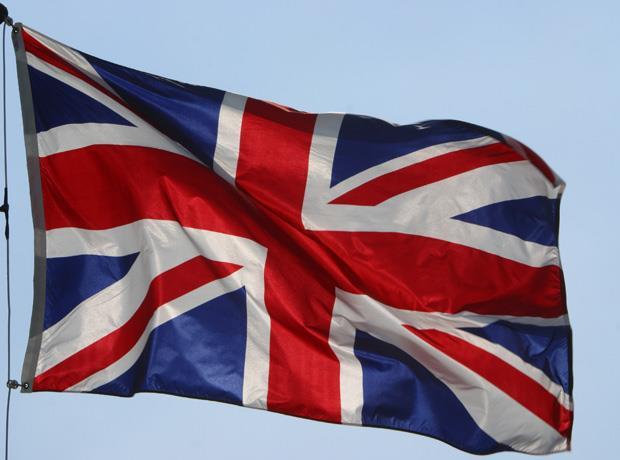View From The Side: The Pardoning Of Edward Snowden

Two years after the public put together a petition to grant Edward Snowden a pardon addressed to The White House, the people on Capitol Hill have given the gladiatorial thumbs down.
After leaking documents exposing the NSA's PRISM Surveillance Program, Snowden has been lauded as a hero of democracy among civil liberties advocates but has also found himself charged under the Espionage Act and forced to seek asylum in Moscow. A "We The People" petition to seek pardon for him had accrued 167,000 signatures since it began in the days after Snowden's initial leaks in June 2013 and as it has over 100,000 signatures the government is obliged to respond to such a letter. So, faced with the gnashing teeth of the mob, how was the White House to respond?
They, of course, have declined.
The official response from Lisa Monaco, the White House homeland security and counterterrorism adviser, was that "Instead of constructively addressing these issues, Mr. Snowden's dangerous decision to steal and disclose classified information had severe consequences for the security of our country and the people who work day in and day out to protect it," she also said "He should come home to the United States and be judged by a jury of his peers—not hide behind the cover of an authoritarian regime. Right now, he's running away from the consequences of his actions."
But what would be the consequences of his actions, and do the US government know what they'll even do with this incredibly public figure?

While upstanding moral citizen Donald Trump calls for Snowden to be executed (that's the fighting spirit!), former Attorney General Eric Holder suggested earlier this month that he would be likely to recieve a more lenient sentence. However, the vast majority of the American political right wing consider his actions treasonous and, with the Obama administration being responsible for more charges against people under the Espionage Act than all previous presidencies combined, things don't look especially friendly back in the USA for the people's hero.
So what should we, in the UK, make of the whole Snowden affair?

Obama has introduced intelligence reforms in the USA during the course of his administration: "We have to make some important decisions about how to protect ourselves and sustain our leadership in the world, while upholding the civil liberties and privacy protections that our ideals and our Constitution require." But the level of surveillance remains disconcertingly high.
We too are under a high level of surveillance from government institutions like the GCHQ that monitors internet activity to trace terrorist activity and cybercrime, and the Global Survelliance scheme exposed by Snowden had eyes on the entire world. Our internet usage is cached every day by our friendly search engines and system providers, we tacitly agree to our own surveillance all the time. But we still don't like the idea of it do we? Because there's something inherently wrong feeling about being watched without your permission. Are we willing to sacrifice our privacy for the sake of state security? Should we sit back and trust that the government is looking out for our best intentions? I'm not sure but I get freaked out just by Google showing me adverts of that ugly pair of shoes I looked at on ASOS one time for a laugh every time I now go online. The idea that "if you have nothing to worry about, you have nothing to fear" gives us reassurance against the chilling idea that your activity is being recorded for a later, unknown purpose.
Snowden showing the world the evidence that the USA government was spying on us all was, I feel, not really a suprise to anyone. "Of course they are!" I'm sure we all thought. It would be stranger to think that we weren't, this is the 21st century and surveillance is felt, by most, to be just another fact of life.
For most of us, we don't even worry about it.


















Must Reads
David Holmes – Humanity As An Act Of Resistance in three chapters
As a nation, the Irish have always had a profound relationship with the people of Palestine
Rotterdam – A City which Bounces Back
The Dutch city is in a state of constant revival
Going Remote.
Home swapping as a lifestyle choice
Trending track
Vels d’Èter
Glass Isle
Shop NowDreaming
Timothy Clerkin
Shop Now